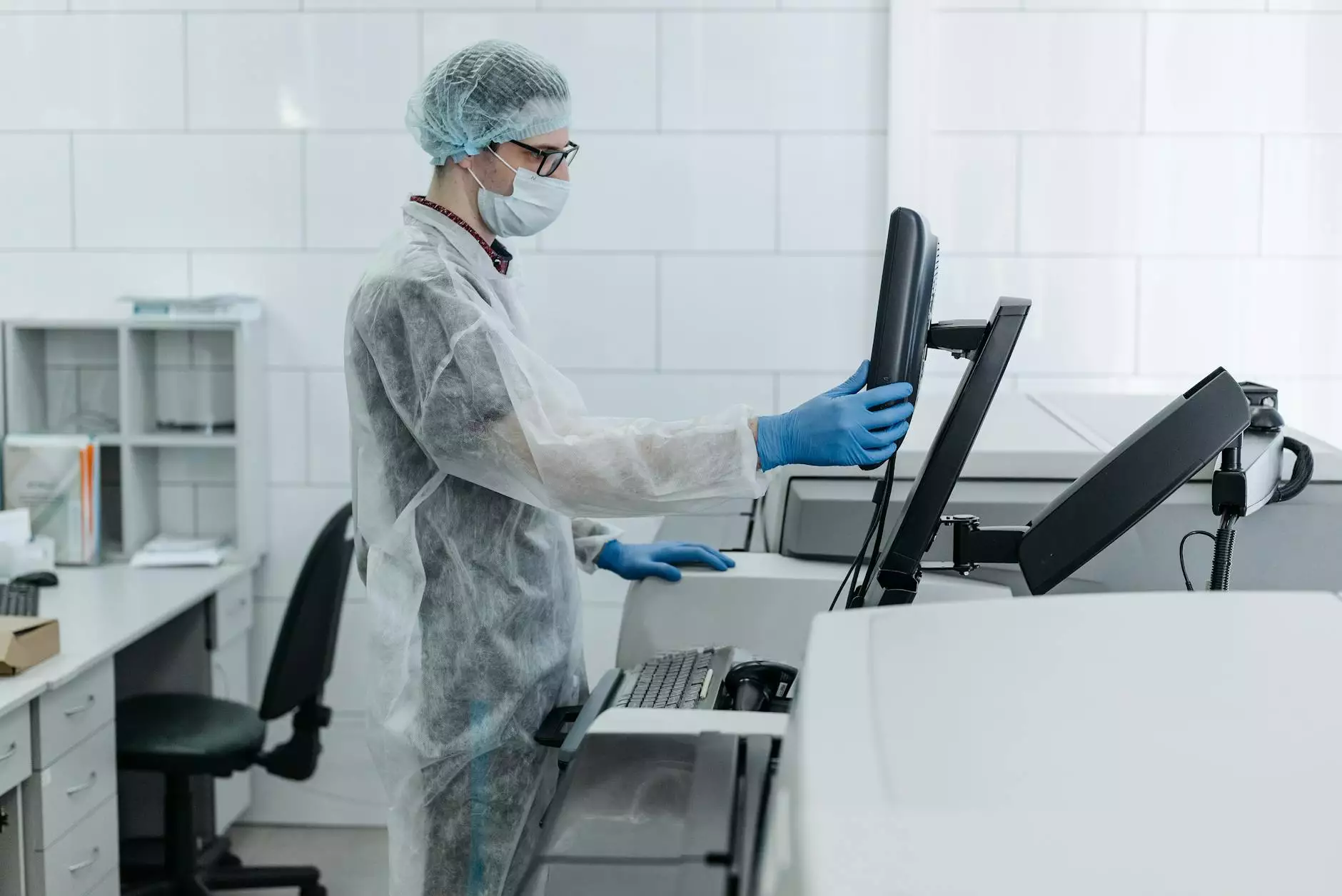Unlocking Innovations: The Power of Biotech Incubators

The world of biotechnology is at the forefront of scientific innovation, shaping the future of health, medicine, and alternative therapeutics. A critical element of this dynamic landscape is the emergence of biotech incubators, which play a pivotal role in nurturing nascent ideas and transforming them into viable solutions. This article delves into the significance of biotech incubators, their operational modalities, impacts on the business environment, and their contributions to health and medical advancements.
Understanding Biotech Incubators
Biotech incubators are specialized organizations designed to support the startup and growth phases of emerging biotechnology companies. They offer a variety of resources that facilitate the development and commercialization of innovative life sciences technologies. The primary focus is on assisting startups that are too young or lack the funding, infrastructure, or expertise to navigate the complex landscape of biotech product development.
The Role of Biotech Incubators
Biotech incubators serve multiple functions that are essential for the success of emerging companies:
- Access to Funding: Many incubators provide seed funding to their cohorts, helping them secure the initial capital necessary to develop their products.
- Mentorship: They connect entrepreneurs with seasoned professionals who offer invaluable insight and guidance based on their experiences in the industry.
- Laboratory and Office Space: Incubators often provide physical resources, including lab equipment and office facilities, which are critical for R&D activities.
- Networking Opportunities: By being part of an incubator, startups can engage with a network of industry experts, investors, and potential partners.
- Regulatory Support: Biotech is heavily regulated; thus, incubators help navigate the complexities of regulatory compliance, ensuring products meet necessary standards before hitting the market.
The Benefits of Joining a Biotech Incubator
The advantages of participating in a biotech incubator are manifold and can significantly enhance a startup's chances of success:
Accelerated Growth
Startups in incubators often experience faster growth trajectories compared to those operating independently. The combination of support resources and collaborative environments allows for quicker iteration of ideas, reduced time to market, and greater innovation.
Enhanced Innovation
Incubators foster systems of innovation by promoting collaboration among startups, which can lead to unexpected breakthroughs. The shared environment encourages idea exchange, creating a culture where innovation thrives.
Reduced Operational Costs
By providing shared resources, incubators help mitigate the financial pressures associated with infrastructure setup and operation. Startups can utilize laboratory space, office facilities, and equipment without the burden of high overhead costs.
The Impact of Biotech Incubators on Health & Medical Advances
The contributions of biotech incubators to health and medical fields are profound. By streamlining the development of life-saving and life-enhancing technologies, these incubators serve as catalysts for innovations that improve patient outcomes and expand treatment options.
Case Studies of Successful Biotech Startups
Numerous successful biotech companies have emerged from incubators, illustrating the efficacy of this structure:
- Moderna: This company, best known for its mRNA COVID-19 vaccine, benefited from initial support in its founding phase, emphasizing the critical contribution of incubators to groundbreaking medical technologies.
- Ginkgo Bioworks: Developed in a collaborative incubator environment, this synthetic biology company has pushed the boundaries of engineered organisms for various applications in health, agriculture, and more.
Key Features of An Effective Biotech Incubator
Not all biotech incubators are created equal. The most effective ones share certain characteristics:
Strong Industry Partnerships
Effective incubators collaborate with universities, hospitals, and established biotech firms. These partnerships facilitate access to advanced research, proprietary technology, and potential pathways for funding and commercialization.
Mentorship and Guidance
Having access to mentors who have successfully navigated the biotech landscape can significantly impact the growth potential of startups. These mentors typically provide critical insight into market entry strategies, fundraising, and operational efficiency.
Focus on Commercialization
While research and development are vital, successful incubators emphasize the importance of getting products to market. Training and support around business planning, marketing, and scalability are essential for fostering sustainable growth.
The Future of Biotech Incubators
As the biotech field continues to evolve, incubators are adapting to meet emerging challenges and opportunities. The integration of artificial intelligence, data analytics, and other advanced technologies is paving the way for the next generation of biotech innovations.
Collaborative Ecosystems
As the demand for innovative health solutions grows, biotech incubators are forming collaborative ecosystems with other sectors, including technology and healthcare. This cross-disciplinary approach enhances overall problem-solving capabilities and accelerates the pace of innovation.
Global Reach
With globalization, successful biotech incubators are increasing their reach, attracting international talents and ideas, thus promoting diversity and stimulating innovation from various perspectives.
Conclusion
The landscape of health and medical innovation is continually evolving, and biotech incubators are at the forefront of this transformation. By fostering an environment of support, collaboration, and resource sharing, these incubators not only enhance the viability of startups but also contribute significantly to advancements in biotechnology that can revolutionize patient care and alternative medicine solutions.
As we look to the future, the influence of biotech incubators will undeniably play a crucial role in shaping a healthier world. Entrepreneurs, researchers, and industry stakeholders must recognize the immense potential and opportunities that these incubators offer and engage in these ecosystems to unlock the next wave of biotechnology innovations.









